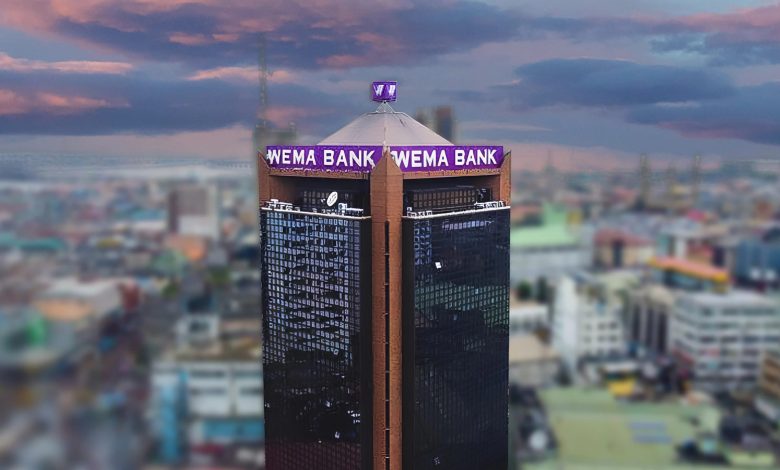Wema Bank Share Price Surges to All-Time High
Investors React Positively to Impressive 2024 Results and Increased Dividend Payout

Wema Bank PLC ended the month of April with a remarkable price surge, reaching an all-time high of 15.10 Naira from a previous close of 13.75 Naira. This share price rally can be attributed to various factors positively impacting Wema Bank investors.
Wema Bank shareholders were particularly excited about the announcement of the final dividend for the financial year ending December 31, 2024. The bank declared a final dividend of 1 Naira for every ordinary share of 50 Kobo each, and it is to be electronically distributed directly to shareholders’ bank accounts on May 22, 2025, as disclosed by the group. However, shareholders are required to register for e-dividend to be eligible.
Financial Performance
Wema Bank has declared a fascinating financial performance compared to its previous financial year. The bank reports a dividend of 1 Naira which is double the amount paid to shareholders at the end of the 2023 financial year. Key financial highlights includes:
- Profit before tax of 102.5 billion Naira, indicating a 134.79% increase from the last financial year.
- Retained earnings of 103.2 billion Naira indicating a 181.96% from the previous year.
- Interest income of 353.5 billion compared to 184.4 billion in the year 2023.
Interest expenses for the year 2024 rose to 176.4 billion Naira, but net interest incomes stood at 174.04 billion Naira, which is higher than the 91.6 billion Naira reported in the previous year.
This persuasive Wema bank financial reports coupled with the current right issue of the banks aimed at increasing capitalization and investors’ confidence in Nigeria’s banking sector have been underlying factors for the bank share price rally.




